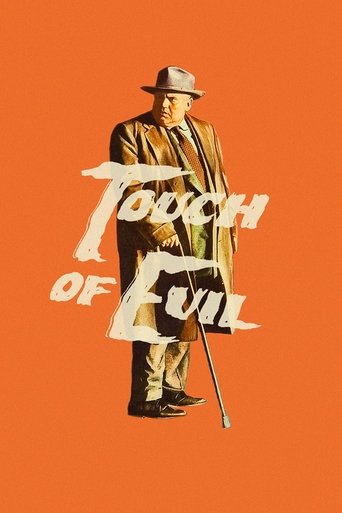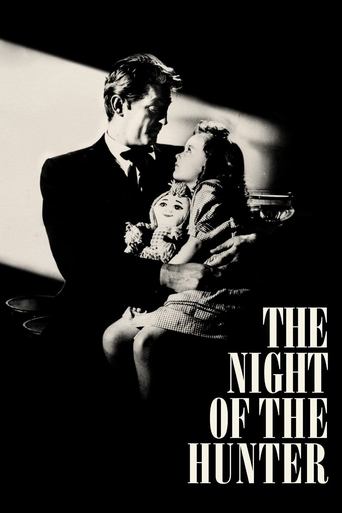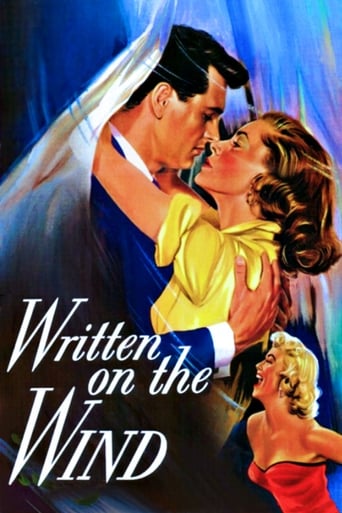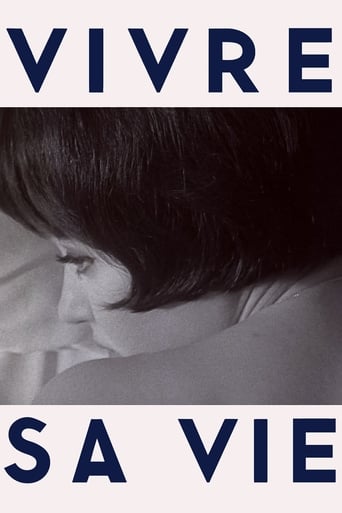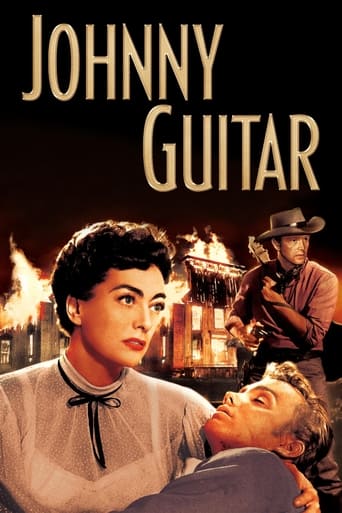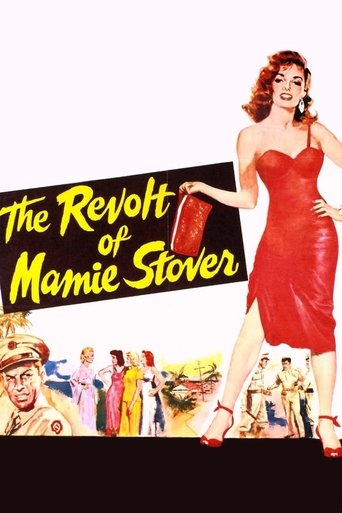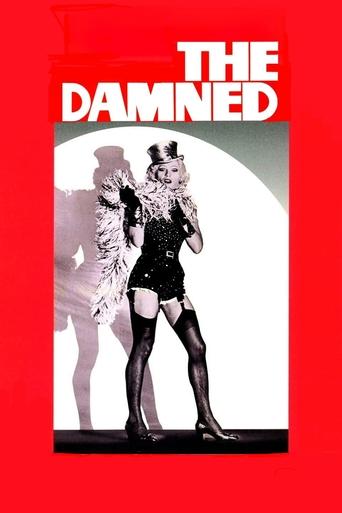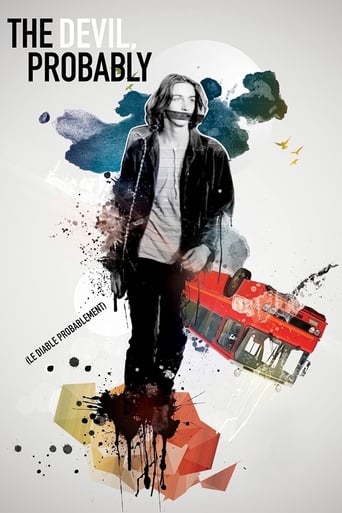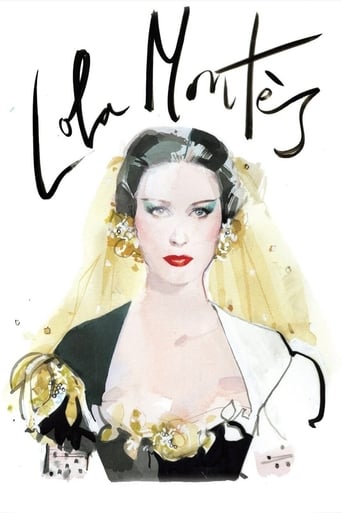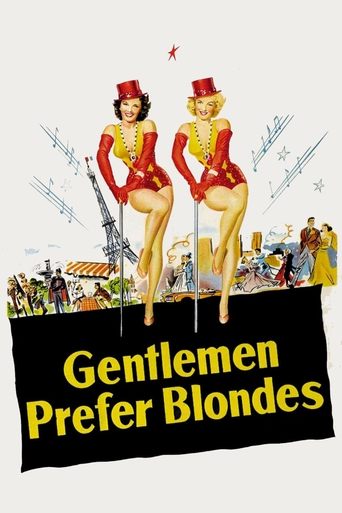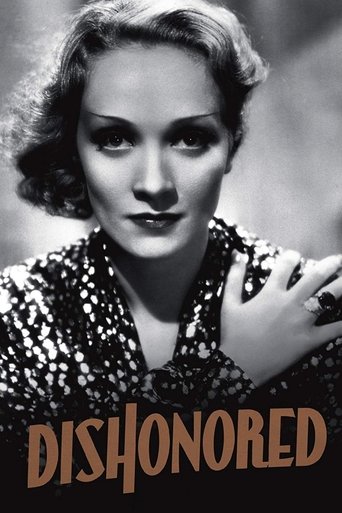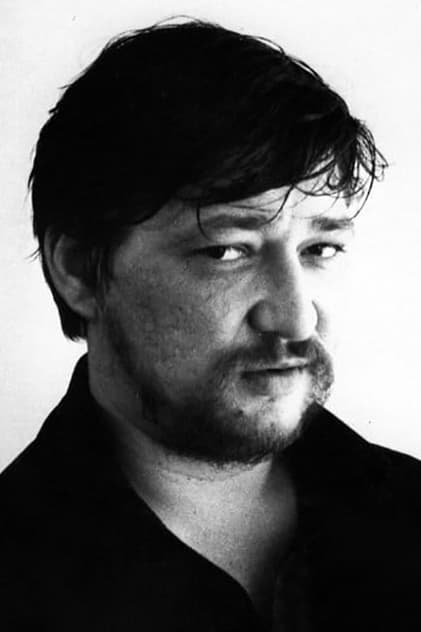
Rainer Werner Fassbinder
Rainer Werner Fassbinder was a German film director, screenwriter, and actor. He is one of the most important figures in the New German Cinema. Fassbinder was prolific; in a professional career that lasted less than fifteen years, he completed forty feature length films, two television film series, three short films, four video productions, twenty-four stage plays, and four radio plays. He had tortured personal relationships with the actors and technicians around him who formed a surrogate family. However, his pictures demonstrate his deep sensitivity to social outsiders and his hatred of institutionalized violence. He ruthlessly attacked both German bourgeois society and the larger limitations of humanity. Fassbinder died in June 1982 at the age of 37 from a lethal cocktail of cocaine and barbiturates. His death has often been cited as the event that ended the New German Cinema movement.
| Known for | Directing |
|---|---|
| Born | 31 May 1945 |
| Died | 10 Jun 1982 |
| Place of birth | Bad Wörishofen, Germany |
Favorite films
-
Fassbinder fell hard for its mixture of demented Americana, Andersen fairy tale, German Expressionism, symbolist painting — that rhyme of seaweed and Shelley Winters’ streaming hair! — and weird D.W. Griffith homages (Lillian Gish as a seraphic saviour lugging a shotgun).
-
Fassbinder deified German émigré Douglas Sirk, “someone,” he said, “who loves people and doesn’t despise them like we do”.
-
Fassbinder claimed, “I’ve seen it 27 times … it is the most important film I’ve seen in my life”, and paid homage to Godard’s 12-tableaux masterpiece by casting Anna Karina in Chinese Roulette.
-
Fassbinder greatly admired Michael Curtiz, whom he called “cruelly overlooked” in an essay on the director. He loved Casablanca (1942) and Mildred Pierce (1945), but placed the comparatively rare Flamingo Road above those familiar classics, in his top four films of all time.
-
Fassbinder recognised the type [Eve Harrington], inserting a sly reference to Joseph L. Mankiewicz’s delectable tale of backstabbing ambition in The Bitter Tears of Petra von Kant (1972).
-
Fassbinder singled out Luchino Visconti’s Wagnerian epic, set, like Berlin Alexanderplatz (1980), during the rise of the Third Reich (though at the opposite end of the class structure), as his all-time favourite movie, which he claimed to have seen more than 30 times, declaring it “perhaps the greatest film, the film that I think means as much to the history of film as Shakespeare to the history of theatre”.
-
Fassbinder inserted an extended homage to Bresson’s film in the credit sequence of The Third Generation.

